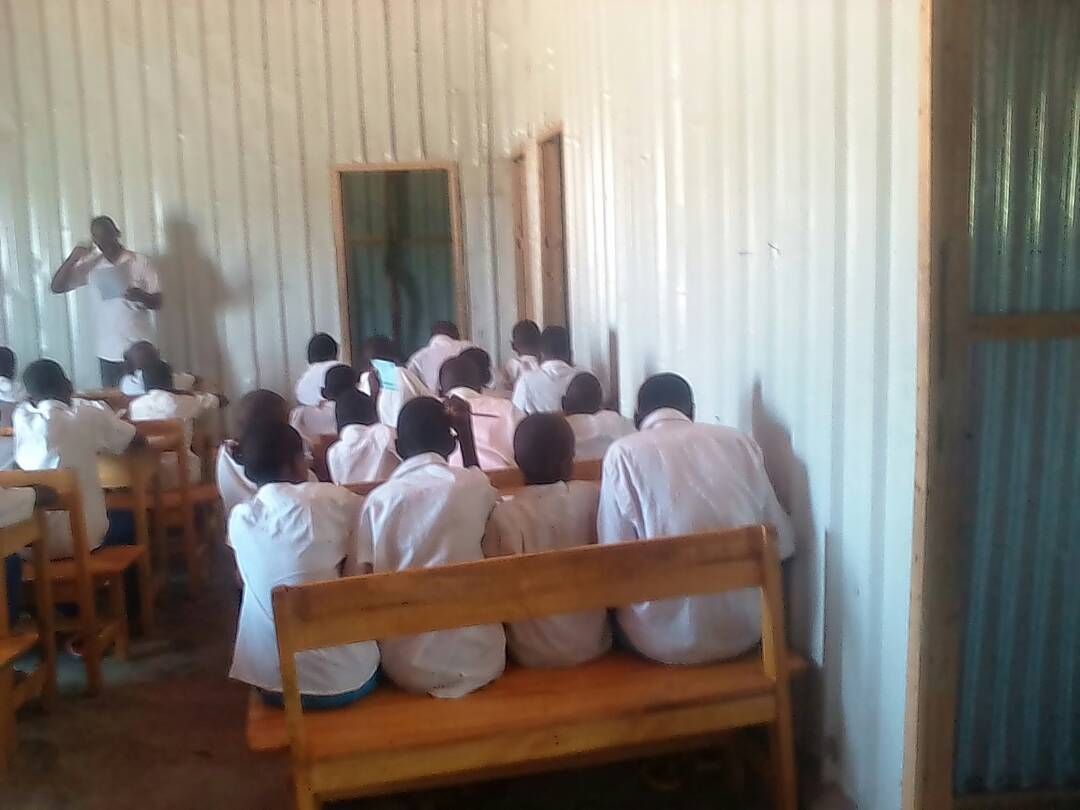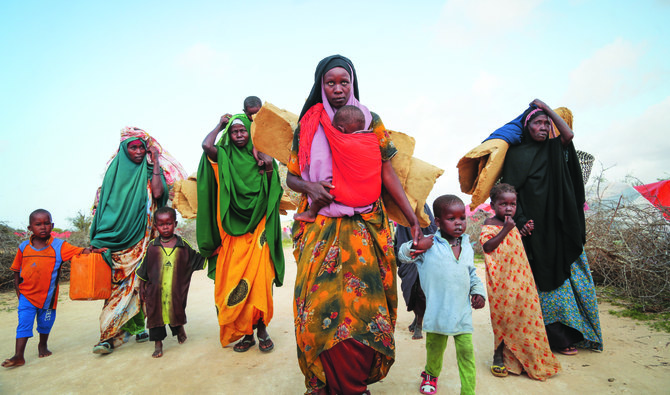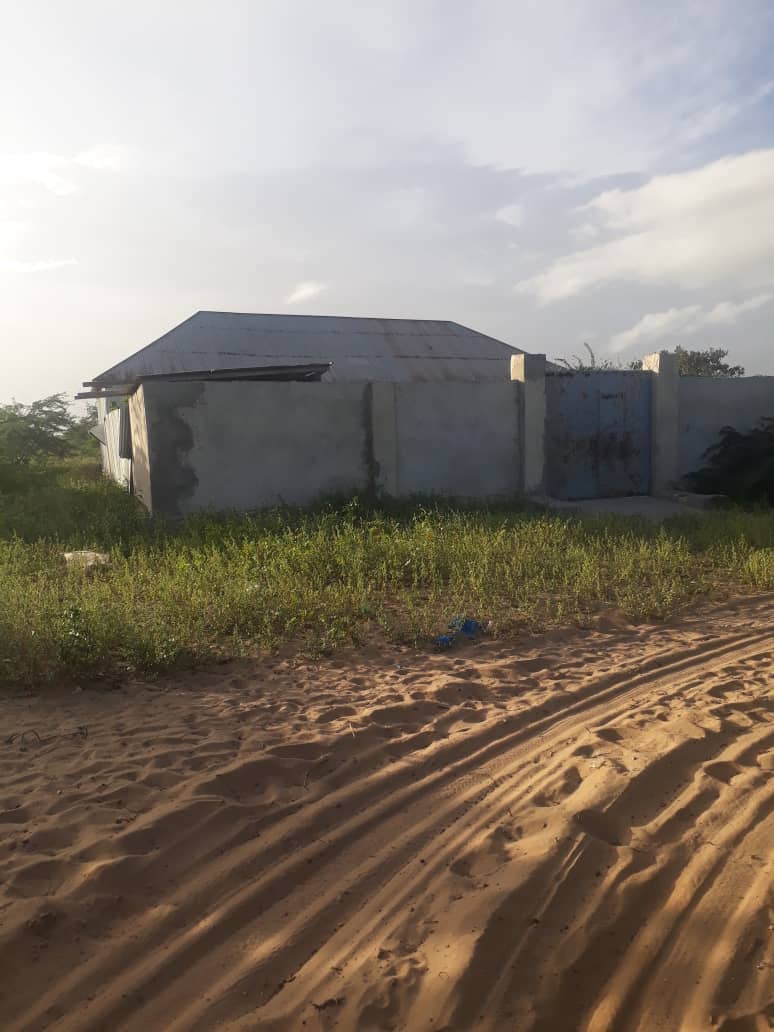12 March 2020 – The World Health Organization (WHO) officially designated COVID-19 a pandemic on 11 March 2020. There are now 147 confirmed cases in Africa in 15 countries, and there have been four COVID-19-related deaths.
“With COVID-19 officially declared a pandemic, all countries in Africa must act,” said Dr Matshidiso Moeti, WHO Regional Director for Africa, “Every country can still change the course of this pandemic by scaling up their emergency preparedness or response. Cases may still be low in Africa and we can keep it that way with robust all-of-government actions to fight the new coronavirus.”
Containment remains the most appropriate strategy for African countries. Apart from South Africa and Algeria – which have clusters of transmission linked to imported cases – the confirmed COVID-19 cases in the African region are sporadic importations from European countries, mainly Italy, France, Germany and Spain.
To focus on containment in this narrowing window of available time, the WHO Regional Office for Africa is shifting from readiness to response mode. In countries with confirmed cases, efforts are underway to trace people who may have come into contact with those confirmed to have COVID-19. Efforts to support countries as they bolster essential early detection and surveillance capabilities at their ports, airports and land crossings are underway.
So far, 62 WHO experts in technical areas including coordination, treatment, infection prevention and control, community engagement and surveillance have been deployed across 18 countries, and more deployments are planned. Those experts who have arrived in countries with confirmed cases are now assisting national governments in their response, helping them to manage the disease and prevent onward transmission. The WHO Regional Office for Africa has also developed tools for Member States to help with the rapid collection and reporting of alerts, cases and contact data, streamlining any eventual contact tracing. A WebEx training was recently held to help surveillance focal points and data managers in-country on the use of these tools.
Critical gaps remain and WHO is striving to help member states fill these gaps. Demand for personal protective equipment (PPE) like gloves, masks and hand sanitizer means that there are now global shortages. WHO has completed its first blanket distribution of PPEs to 24 countries, and another wave of distributions is being planned, focusing on countries with confirmed cases, countries neighboring those with confirmed cases, and major regional transport hubs, planning another. In addition, transfers of PPE from WHO’s main warehouse in Dubai to a regional distribution hub in Accra is underway, and nine countries in the African region are due to receive deliveries of PPE directly from Dubai. At a global level, WHO is preparing new guidance on the proper use of PPEs.
Mounting pressures on virus transport media (VTMS) are also emerging. VTMS are containers for the safe and secure transport, maintenance and storage of clinical samples containing viruses. Those countries with critical shortages are the first priority to receive shipments, and alternatives to VTM swabs are also being explored. Individual actions and behavior are vital for preventing the transmission of the virus. This is why the WHO Regional Office for Africa has been supporting countries by developing community engagement strategies, ensuring that risk communication packages are disseminated to health facilities, and supporting local authorities as they produce radio messages and TV spots to inform the public about COVID-19.




